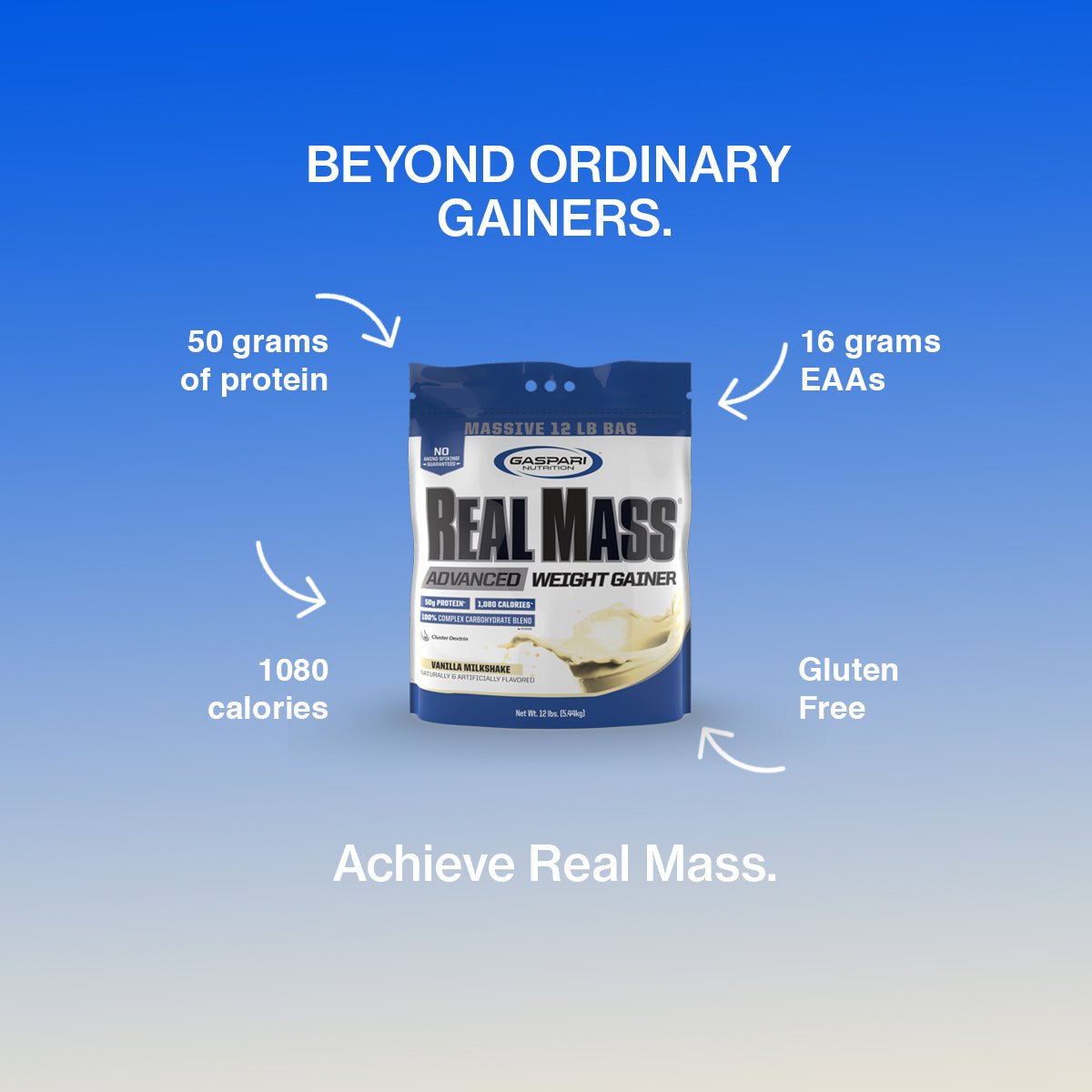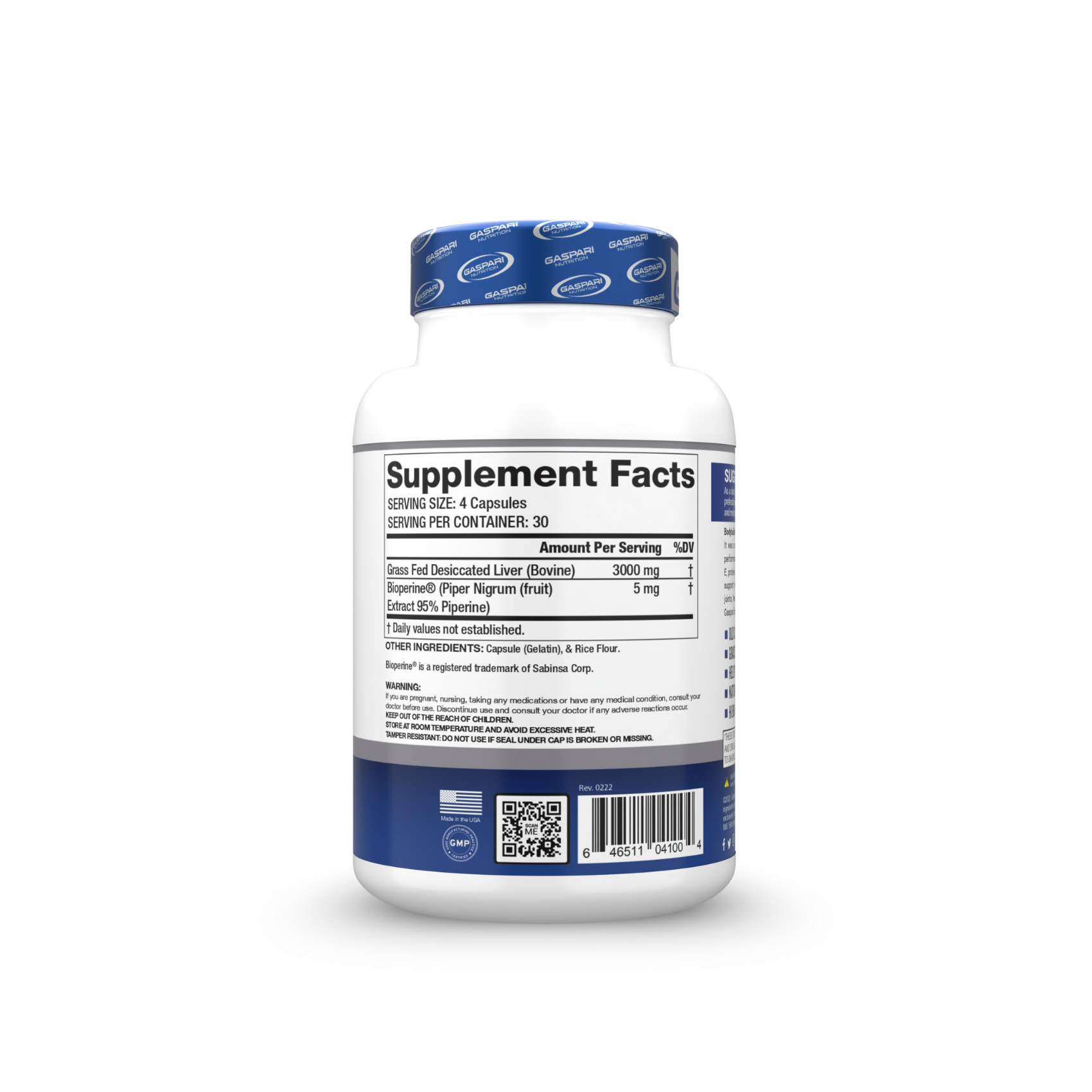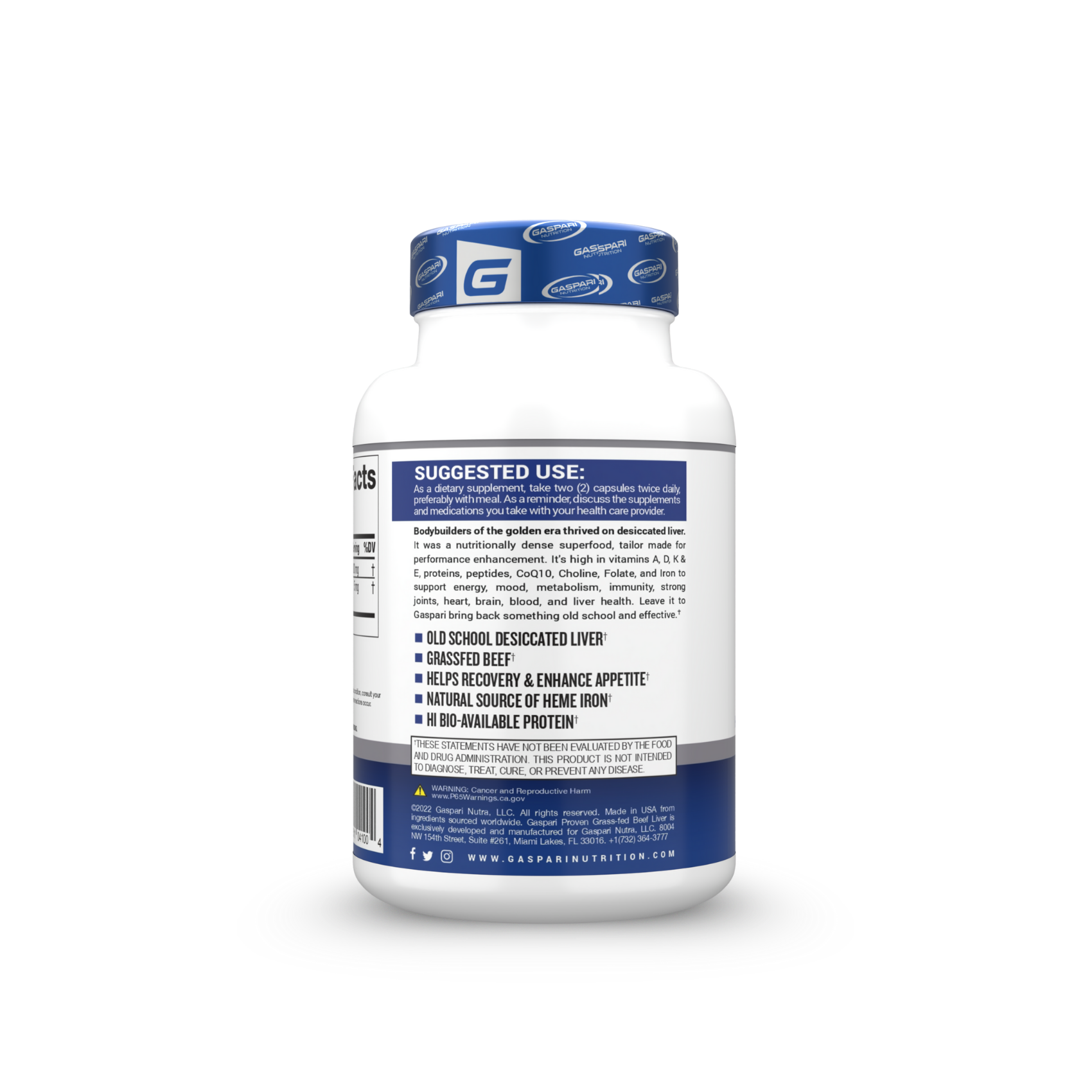If you suffer from slow metabolism, you aren’t alone. Many times, metabolism is directly related to gaining and losing weight. Sometimes, people who eat just 1,200 calories a day still have significantly high body fat levels, which makes people wonder what they’re doing wrong.
While there are many variables, such as exercise habits, eating habits, and the like, metabolism is a primary factor, which could account for the aggravation you face.
The solution is relatively simple, at least in theory. You need your metabolism to run at an efficient and healthy rate. If your metabolism is slow, you can increase it over time and do so naturally. That way, you can lose fat, even if you don’t cut calories or don’t cut them as significantly.
What is Metabolism?
Humans have two types of metabolism. Constructive metabolism or anabolism is when proteins, fats, and carbohydrates are synthesized to help create new tissue and store up energy. Destructive metabolism or catabolism is the breakdown of fat, substances, and muscles within the body.
Metabolism, in a sense, helps your body break down and build up a variety of substances to help create more energy for the body to utilize.
Differences Between Slow and Fast Metabolism
The speed of your metabolism largely determines how effectively your body can use energy. This is your metabolic rate.
Your Basal Metabolic Rate (BMR) is, in a sense, the number of calories your body requires to operate correctly (including vital organ functionality and respiration). Therefore, if you do have a faster metabolism than the BMR, your body needs more energy to maintain itself. If you have a slower metabolism, then your body doesn’t need as much energy to sustain basic functions.
It is important to note that, in most cases, slower metabolism can be more efficient than faster metabolism. Your body can survive on fewer calories.
However, if your goal is to build muscles, you need to make sure the metabolism is revved up properly, as well.
For example, let’s consider a man who requires 1200 calories each day. To stimulate fat loss, he’d need to eat much less and create a caloric deficit. However, he’s already at a 1200 calorie budget, so he can’t really reduce his caloric intake much more, especially if his primary goal is to build muscle.
Therefore, a slower metabolism means that you must eat less food and exercise more to stimulate any weight loss. If you have a fast metabolism, the opposite holds true. You don’t have to cut out calories or exercise as much to induce fat loss.
Causes of Slower Metabolism
Most people are shocked to learn that obese and overweight people don’t always have a slow metabolism. While that can certainly be a factor, the opposite is more common. People who have a significant caloric deficit tend to grind down their metabolisms to a more sluggish pace.
These people desire to lose weight, so they tend to overly restrict their calories. While this approach can and does work in the short-term, it is highly counterproductive for the mid- and long-term. This happens because your body has to constantly adapt to how much energy it has available at any given time. The goal of your body is to maintain its weight (called homeostasis).
When you restrict your calories too much, metabolism slows down to keep a balance and keep you at your current weight. Therefore, you are less likely to lose weight at all or see any progress.
In a sense, your body is working against itself. However, remember that this biological mechanism and safeguard was a way to help you survive in the wilderness. The goal wasn’t to have you look physically fit or trim; the goal was to have layers of body fat and muscle, which allowed you to be strong and endure cold temperatures and days without food.
Regardless of why the body works the way it does, the problem is you’re not losing weight, even with exercise and a calorie deficit, so what do you do? If you’re like many people, you decrease your calories more.
Eventually, you wind up eating so few calories that your metabolic rate is significantly and dangerously reduced. Therefore, you have no energy and can’t seem to do the things you want to do.
Then, you’re likely to get frustrated that you aren’t losing weight, so you start eating a lot of calories once more, and your reduced metabolic rate can’t handle the sudden change, which results in the body storing fat. It’s called metabolic damage, and it has a negative impact on your overall health.
Fixing a Slow Metabolism
The first thing you should do is embrace the reverse-dieting option. When you need to reset your metabolism back to a healthy level, you need to do reverse dieting before you start consuming fewer calories. To do this, you slowing increase how many calories you eat throughout the day. When you increase caloric intake slowly, your metabolism will increase slowly too, which reverses almost all the metabolic damage.
If you can increase your caloric intake by about 200 calories each week, you’ll get to a healthy TDEE. Your goal is to improve your metabolic rate slowly without putting on more weight.
Another option to consider is to lift weights. Strength training should be part of any exercise routine, but lifting weights can also kick start your sluggish metabolism so that it gets back in gear.
It works in two ways. For the short-term, strength training increases how many calories you burn after the workout (for a short period of time). In the long-term, you burn more calories each day by having more muscle on the body, which can also increase your metabolism.
You should also consider how much protein and fat you eat. Increasing your protein consumption is essential so that you can build more muscle, which stimulates your metabolism. You also need the right amount (and type) of fat. Consuming fat doesn’t make you gain weight; you need it to live and be healthy, though you should keep it moderate and eat healthy fats. We’d love for you to continue the discussion; follow us on Facebook to get the latest information and tips.
The post How Do I Reverse A Slowing Metabolism? appeared first on Gaspari Nutrition.























































































Share:
Can Exercise Help Reduce Anxiety & Depression?
Why Am I Gaining Weight Even When I Exercise?